-
About
- About Listly
- Community & Support
- Howto
- Chrome Extension
- Bookmarklet
- WordPress Plugin
- Listly Premium
- Privacy
- Terms
- DMCA Copyright
- © 2010-2025 Boomy Labs
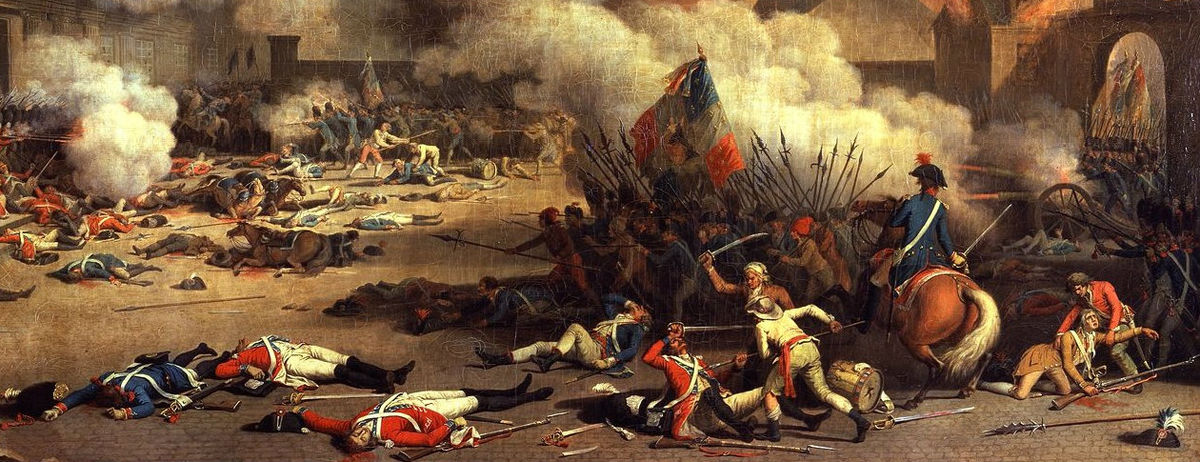

 Soubin Nath
Soubin Nath
Listly by Soubin Nath
A revolution is a fundamental change in power or organizational structures that take place over a relatively short period of time. Revolutions have occurred throughout human history and vary widely in terms of methods. This list shows the revolutions that changed the world by it's influence.

The French Revolution was a period of far-reaching social and political upheaval in France that lasted from 1789 until 1799, and was partially carried forward by Napoleon during the later expansion of the French Empire. The Revolution overthrew the monarchy, established a republic, experienced violent periods of political turmoil, and finally culminated in a dictatorship under Napoleon that rapidly brought many of its principles to Western Europe and beyond. Inspired by liberal and radical ideas, the Revolution profoundly altered the course of modern history, triggering the global decline of absolute monarchies while replacing them with republics and liberal democracies.
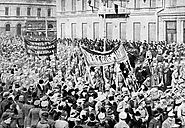
"Russian Revolution" is the collective term for a pair of revolutions in Russia in 1917, which dismantled the Tsarist autocracy and led to the eventual rise of the Soviet Union. The Russian Empire collapsed with the abdication of Emperor Nicholas II, and the old regime was replaced by a provisional government during the first revolution of February 1917 (March in the Gregorian calendar; the older Julian calendar was in use in Russia at the time). In the second revolution that October, the Provisional Government was removed and replaced with a Bolshevik (Communist) government.

The Chinese Communist Revolution or the 1949 Revolution was the culmination of the Chinese Communist Party's drive to power since its founding in 1921 and the second part of the Chinese Civil War. In the official media, this period is known as the War of Liberation.

The Cuban Revolution (1953–59) was an armed revolt conducted by Fidel Castro's 26th of July Movement and its allies against the U.S.-backed authoritarian government of Cuban President Fulgencio Batista. The revolution began in July 1953, and continued sporadically until the rebels finally ousted Batista on 1 January 1959, replacing his government with a revolutionary socialist state. The 26th of July Movement later reformed along communist lines, becoming the Communist Party in October 1965.
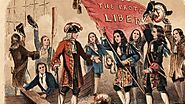
The Glorious Revolution, also called the Revolution of 1688, was the overthrow of King James II of England (James VII of Scotland and James II of Ireland) by a union of English Parliamentarians with the Dutch stadtholder William III of Orange-Nassau (William of Orange). William's successful invasion of England with a Dutch fleet and army led to his ascending of the English throne as William III of England jointly with his wife Mary II of England, in conjunction with the documentation of the Bill of Rights 1689.

The Taiping Rebellion or Taiping Civil War was a massive rebellion or civil war in China that lasted from 1850 to 1864, which was fought between the established Manchu-led Qing dynasty and the Christian millenarian movement of the Heavenly Kingdom of Peace. The Taiping Rebellion began in the southwestern province of Guangxi when local officials launched a campaign of persecution against a Christian sect known as the God Worshipping Society led by Hong Xiuquan, who believed himself to be the younger brother of Jesus Christ.

The Young Turk Revolution (July 1908) of the Ottoman Empire was the restoration of the Ottoman constitution of 1876 and ushering a multi-party politics in two stage electoral system (electoral law) under the Ottoman parliament by the Young Turks movement. More than 3 decades earlier, Sultan Abdul Hamid II had in 1876 established the constitutional monarchy, First Constitutional Era, which only lasted for two years before it was suspended. On 24 July 1908, Sultan Abdul Hamid II capitulated and announced the restoration of Constitution, which established the Second Constitutional Era.
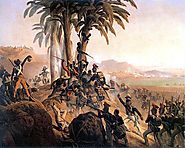
The Haitian Revolution was a successful anti-slavery and anti-colonial insurrection that took place in the former French colony of Saint Domingue that lasted from 1791 until 1804. It impacted the institution of slavery throughout the Americas. Self-liberated slaves destroyed slavery at home, fought to preserve their freedom, and with the collaboration of mulattoes, founded the sovereign state of Haiti.
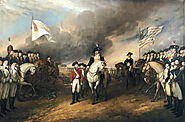
The American Revolution was a political upheaval that took place between 1765 and 1783 during which colonists in the Thirteen American Colonies rejected the British monarchy and aristocracy, overthrew the authority of Great Britain, and founded the United States of America.

The Iranian Revolution refers to events involving the overthrow of the Pahlavi dynasty under Mohammad Reza Shah Pahlavi, who was supported by the United States[10] and its eventual replacement with a National republic under the Grand Ayatollah Ruhollah Khomeini, the leader of the revolution, supported by various leftist and Islamic organizations and Iranian student movements.

Born and brought up in Kerala, India. Now in Mumbai, India doing first year of my Masters in Film Studies (M.A)..